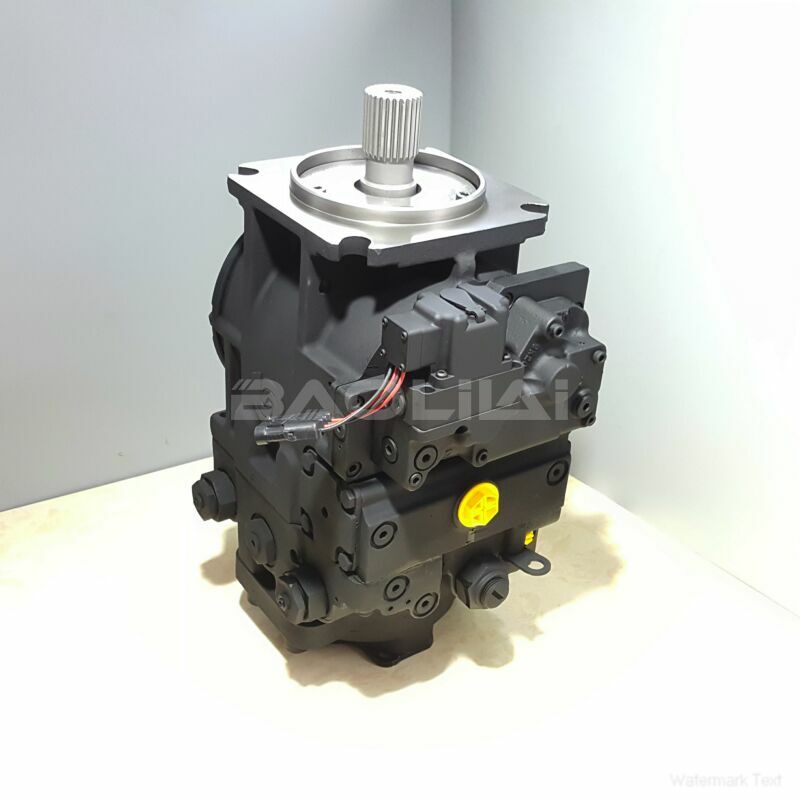90R075KA2CD80S3S1D00GBA404024 piston pump
90R075KA2CD80S3S1D00GBA404024 piston pump

- Product Details
- Applicable Scene
In the manufacturing sector, the efficient transfer of fluids is fundamental to many processes, especially when dealing with high-viscosity materials. Piston pumps have emerged as a reliable solution for transferring these thick fluids, owing to their unique design and operational capabilities. This article discusses the significance of piston pumps in manufacturing, their advantages, and the factors to consider when choosing the right pump for high-viscosity applications.
90R075-KA-2-CD-80-S-3-S1-D-00-GBA-40-40-24
90R075KA2CD80S3S1D00GBA404024
Piston pumps are positive displacement pumps that function by moving a piston back and forth within a cylinder. This action creates a vacuum that draws fluid into the chamber and then forces it out with high pressure. Their design makes them especially suitable for handling high-viscosity fluids, such as paints, adhesives, lubricants, and certain chemicals, which are commonly found in various manufacturing processes.

83014049
One of the primary advantages of piston pumps is their ability to generate high pressures, making them effective for transferring thick fluids that may be challenging to move with other pump types. This capability is essential in industries where precise material handling is crucial, such as in the automotive, aerospace, and chemical sectors. Additionally, piston pumps typically offer a consistent flow rate, which is vital for maintaining process efficiency and ensuring product quality.
Another significant benefit of piston pumps is their versatility. They can handle a wide range of fluid viscosities and flow rates, allowing manufacturers to use them in multiple applications without needing to invest in different pumping systems. Moreover, piston pumps can be designed with various materials and components that cater to specific fluid characteristics, such as corrosiveness or temperature sensitivity.





